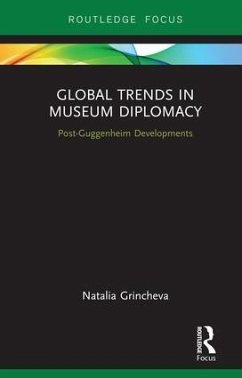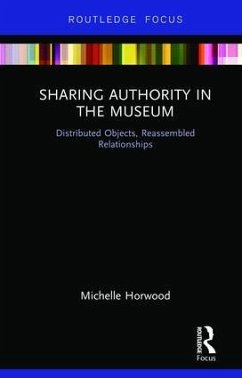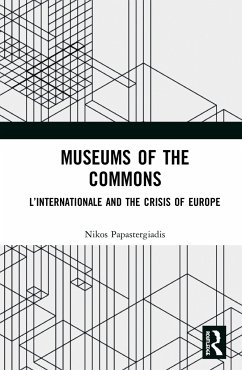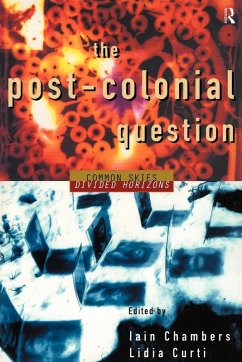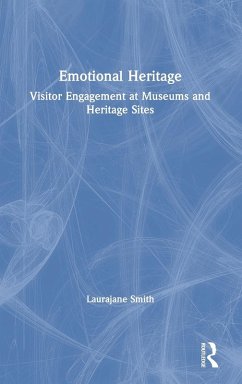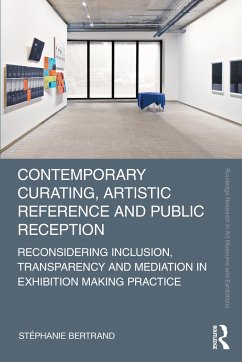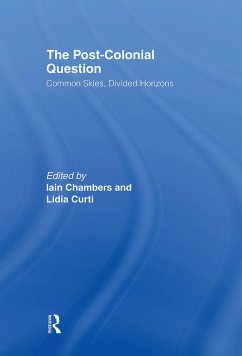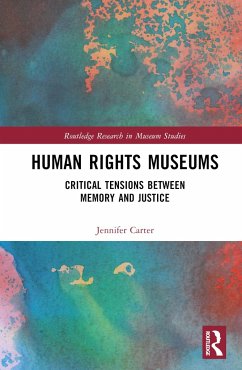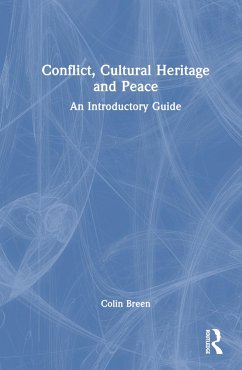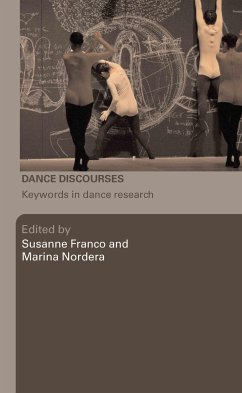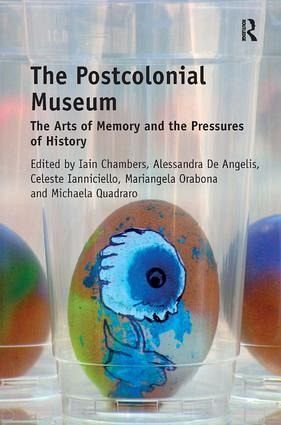
The Postcolonial Museum
The Arts of Memory and the Pressures of History
Versandkostenfrei!
Versandfertig in 1-2 Wochen
167,99 €
inkl. MwSt.
Weitere Ausgaben:

PAYBACK Punkte
84 °P sammeln!
Transformation of museums from physical places to cultural spaces provides the opportunity to re-examine and reassess histories, sounds, voices, images, memories, bodies, expression and cultures previously repressed by the historical and traditional frames of Occidental thought. Developing the 'postcolonial' museum in an age of mass migrations, the internet and digital technologies requires new strategies and critical approaches which will renew and extend understandings of European citizenship and result in an inevitable re-evaluation of the concept of 'modernity' in a so-called globalised an...
Transformation of museums from physical places to cultural spaces provides the opportunity to re-examine and reassess histories, sounds, voices, images, memories, bodies, expression and cultures previously repressed by the historical and traditional frames of Occidental thought. Developing the 'postcolonial' museum in an age of mass migrations, the internet and digital technologies requires new strategies and critical approaches which will renew and extend understandings of European citizenship and result in an inevitable re-evaluation of the concept of 'modernity' in a so-called globalised and multicultural world.





